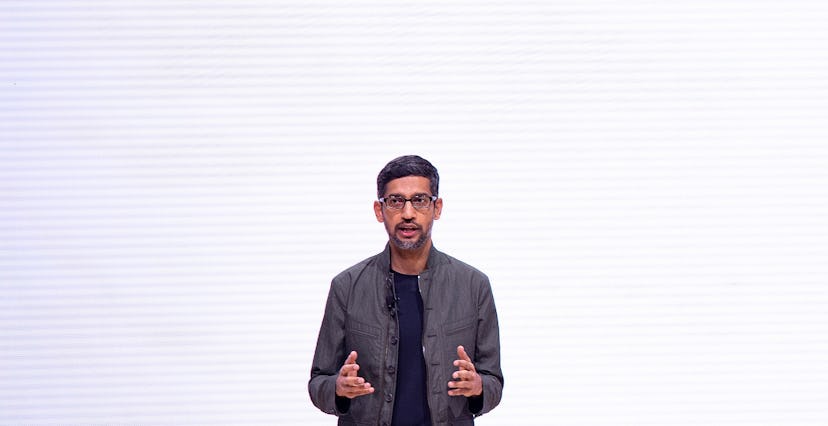Culture
Google's $1 billion fund for news publishers sounds like fancy PR
The amount sounds terribly generous, but it would be smart to exercise some skepticism here.

Google is officially moving forward with its Google News Showcase and has announced that it will invest $1 billion in news collaborations with publishers in Brazil and Germany over the next three years, Axios reports.
The company says that the endeavor will help increase high-quality journalism, trigger user engagement and traffic, and boost detailed story panels with timelines, relevant articles, and more. The company intends to introduce video and audio briefings later on. Readers will also have access to some paywalled articles for free.
It launches on Android first and then iOS in the near future. So far, this is the highest amount Google has paid publishers on the news front. You can thank lawmakers within the United States and around the globe for putting pressure on Google to pay outlets for their labor.
Hold your horses — While heavy funding like that from Google sounds positive and encouraging on the surface — newsrooms always appreciate a little help — it would be healthy to be a dash skeptical about this entire move. Consider another tech giant, Facebook, and how it “offered” millions of dollars to news outlets to license content like audio, video, text, and more. A closer look shows that these companies have actually resisted paying news publishers for their reports and operations. This spirit of magnanimity is rather new. Google is the very same company that was openly hostile to the Australian government’s efforts to have it pay local news companies.
Now that it has warmed to Germany and Brazil, it’s crucial to remember that Google’s financial generosity will come with major caveats, mainly around what kind of content publishers push forward and how Google will have more direct say in newly licensed stories. On top of this, through giving millions and millions of dollars to publishers, Google’s image on Capitol Hill and other political avenues around the world gets a slight bit of polishing. It goes from looking like a powerful and monopolistic titan with a vicious chokehold on everyone’s data and ad revenue to a pro-democracy ally to the press. If a lawmaker justifiably grills Google on its news practices, its executives can conveniently point to this $1 billion chunk of cash and now say, “We help news outlets, senator. Next question.”
Only time will tell whether this investment comes from a place of heartfelt support for journalism or if it’s a cynical ploy for Google to dig its claws deeper inside newsrooms where funds are paltry, tempers are flared, and employees are overworked and jaded. Based on its previous record, we would suggest a little bit caution over unchecked optimism.